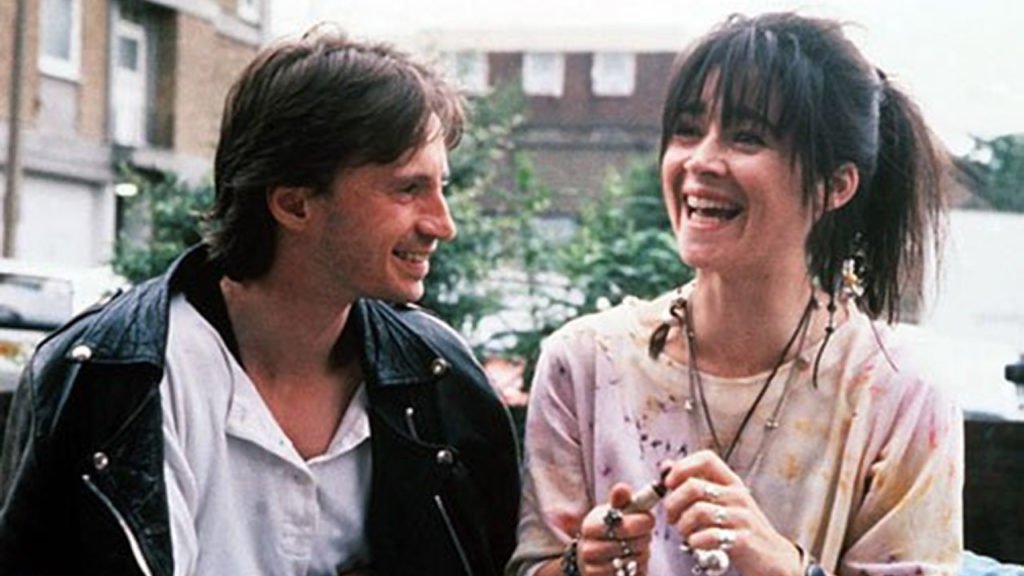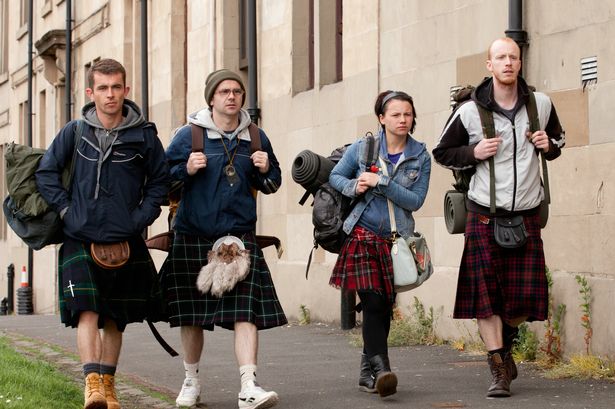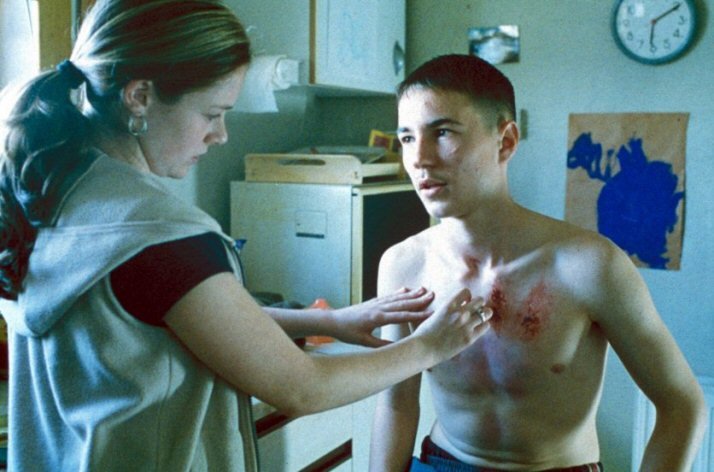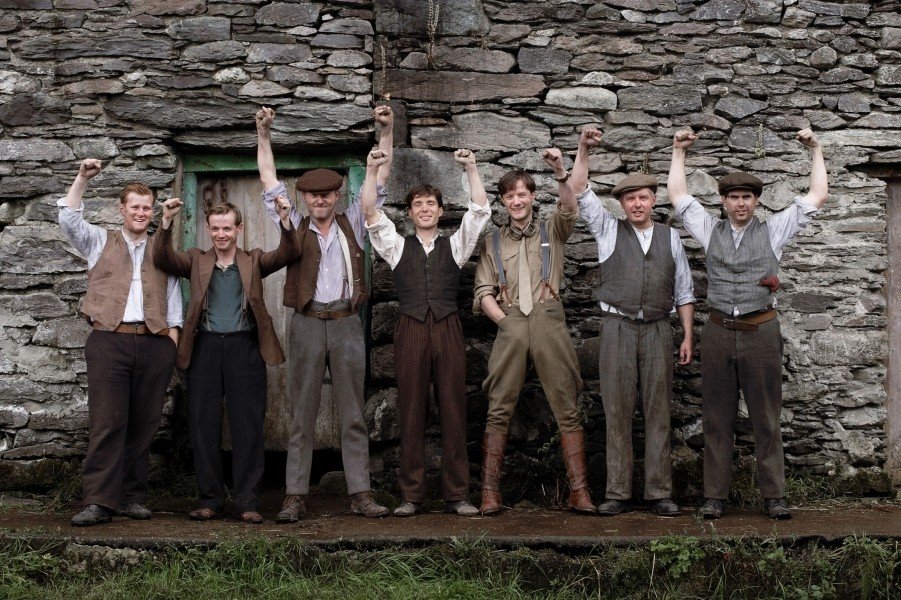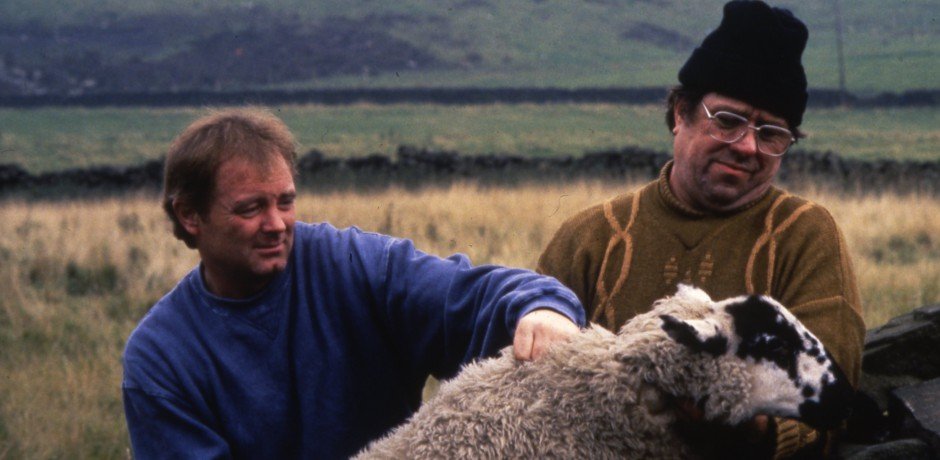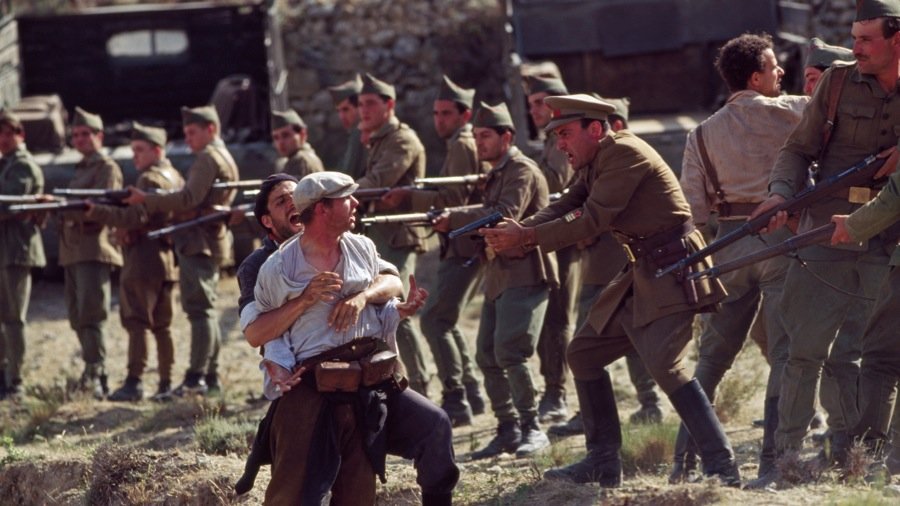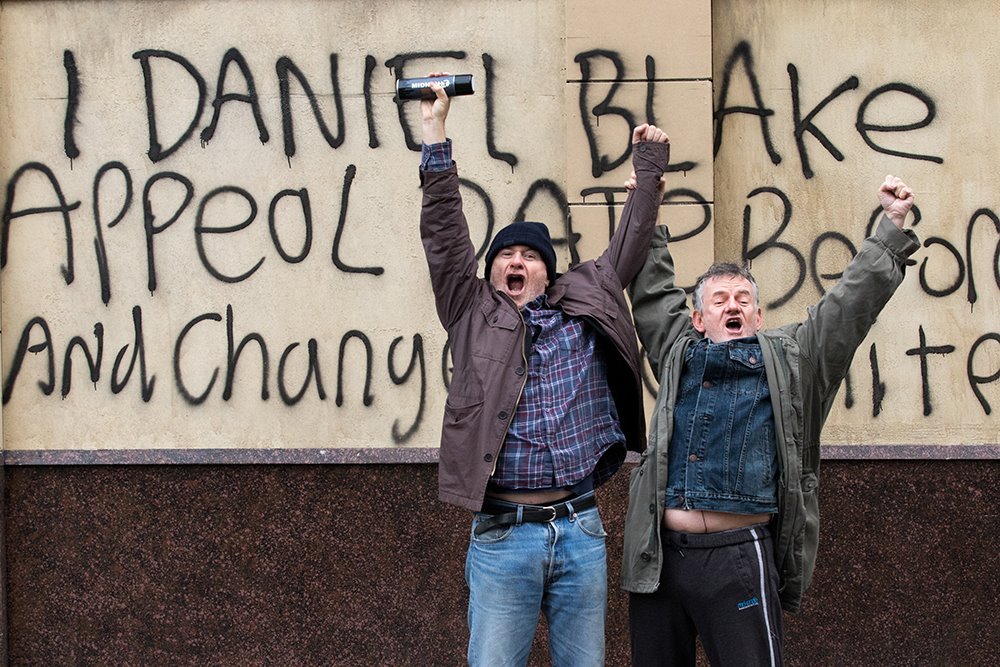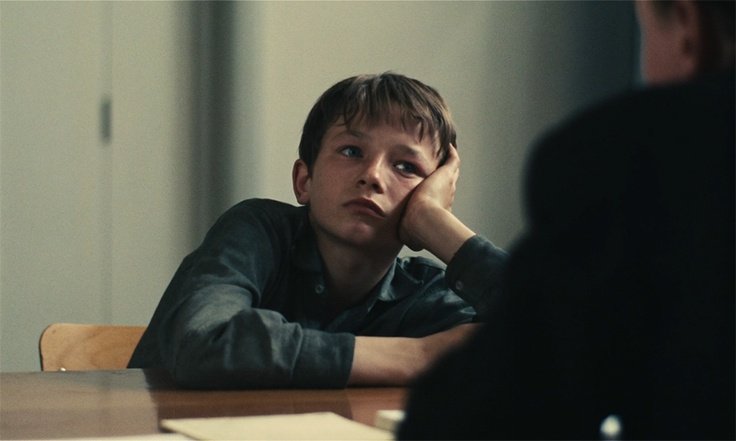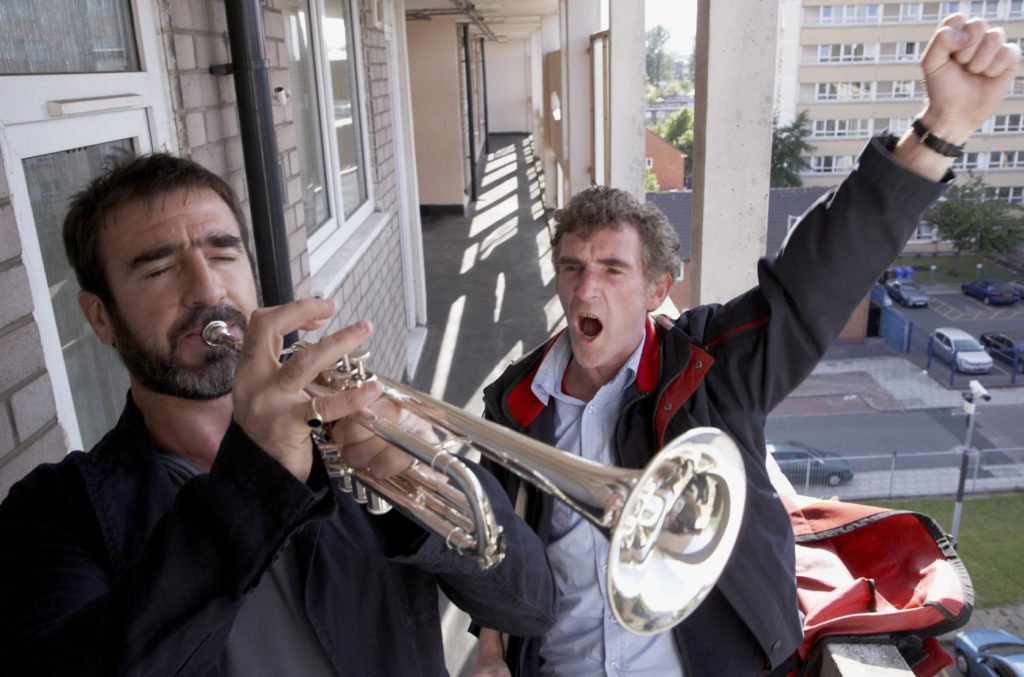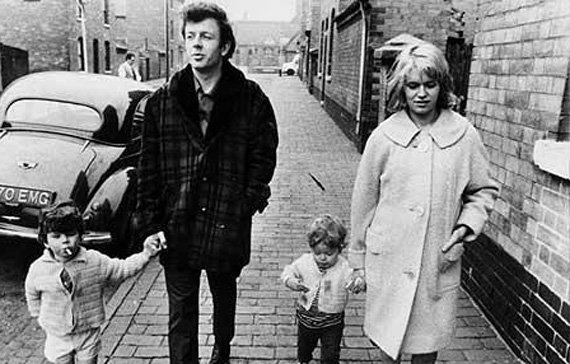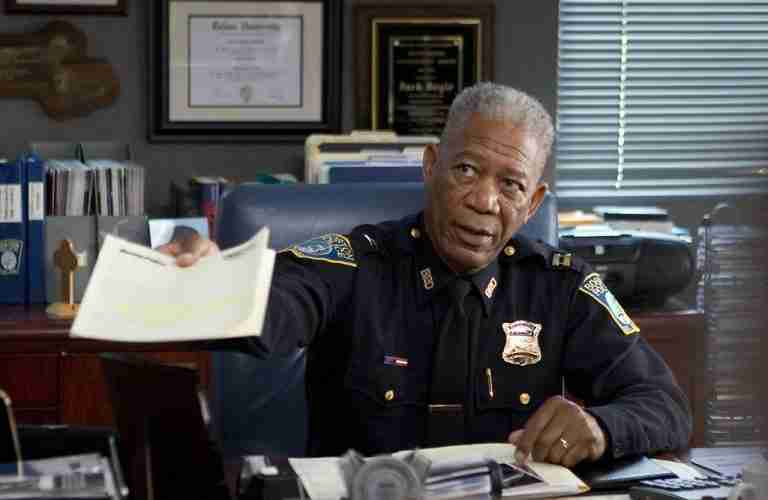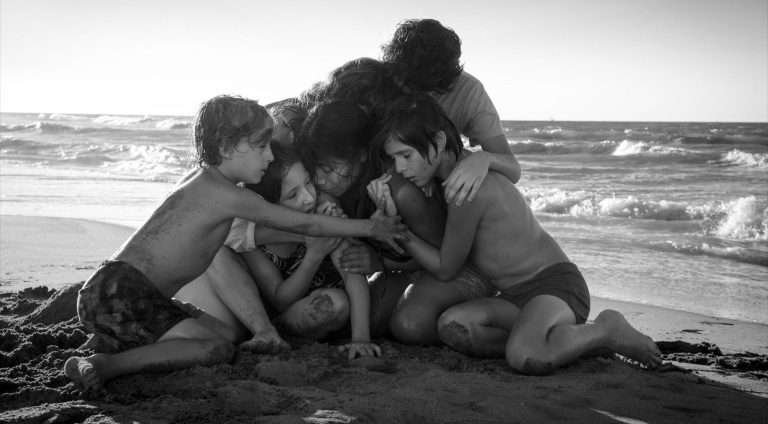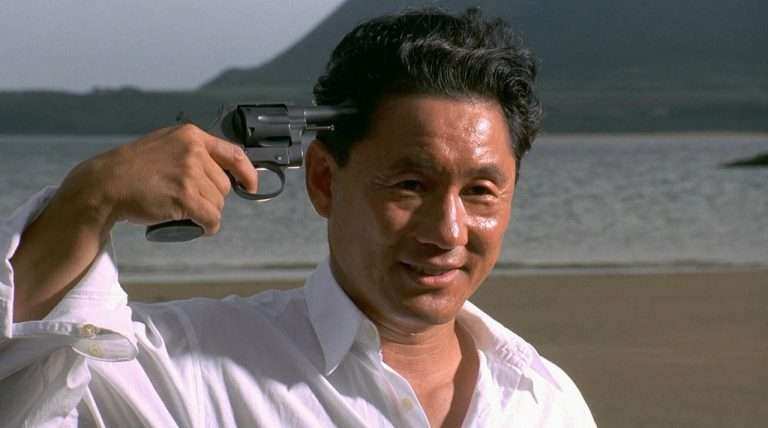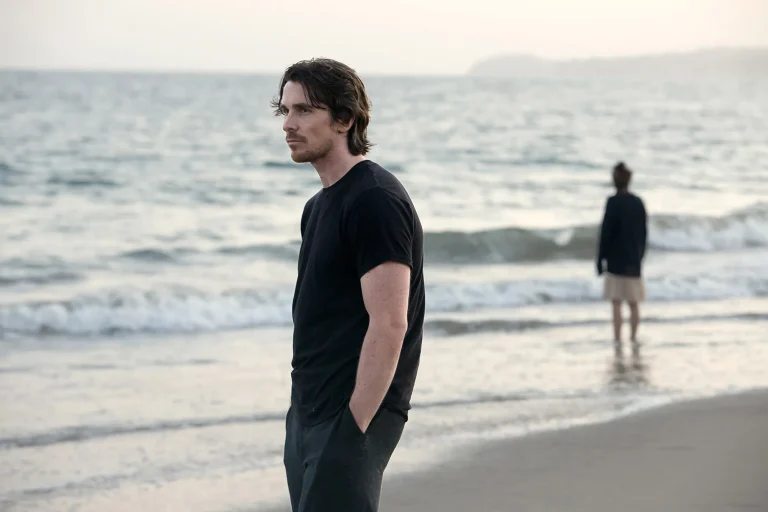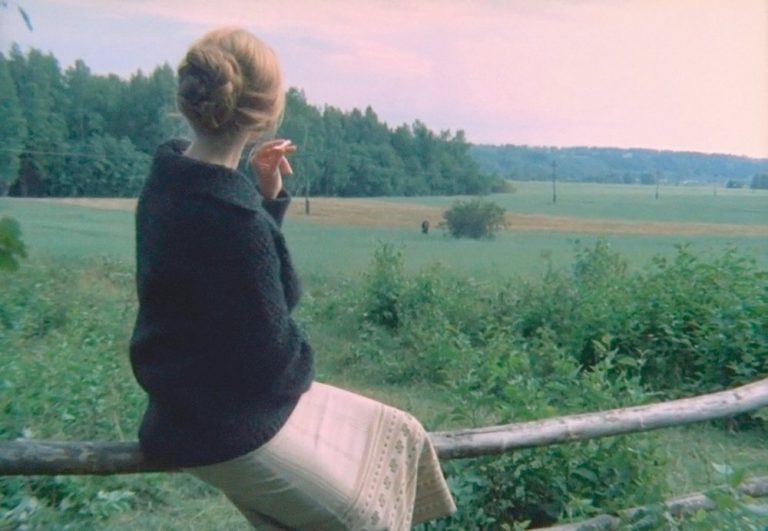“A movie isn’t a political movement, a party, or even an article. It’s just a film. At best, it can add its voice to public outrage.” – Ken Loach
British filmmaker Kenneth Charles Loach, better known as Ken Loach, has been crafting films for nearly six decades, curating a diverse portfolio of cinematic masterpieces that vividly depict the political and social experiences of working-class people. From his early BBC plays to the Palme d’Or award-winning films, Loach’s films persistently challenge the political status quo, often sparking controversy. Mr. Loach’s persistence to challenge the political status quo had provoked numerous controversies. While the right-wing media dubs him a ‘madcap, raging filmmaker’ and his works as ‘Marxist sermons,’ he is truly a filmmaker of conscience. Inducing furious political debates had been part of his 50-year plus film-making career.
It is true that some of his works fail to overcome the inherent didacticism or it is limited by the lack of political complexities. But, he is a champion when it comes to weaving an honest portrayal of working-class men. The Poor in Mr. Ken Loach’s films aren’t hapless victims. They remain as dignified as the people occupying society’s alleged upper strata while they also resist the class-ridden society’s by-product: poverty.
Mr. Loach’s preferred method of working involves shooting the movie in chronological order and releasing the script to actors one scene at a time. He gives a short time to his actors for preparing the scene in order to make the experience as naturalistic and fresh as possible. Ken Loach has given some of the most interesting movies from the 1990s. The success was possible partly due to his involvement with the scriptwriter Paul Leverty (he has collaborated in 12 out of Ken Loach’s 25 feature films). Here are my ten favorite films of the legendary social realist film-maker:
10. Riff-Raff (1991)
Between the early 1970s and late 1980s, Mr. Ken Loach faced numerous hurdles in his family and professional life (his works often got banned). Later, he turned in a new phase with the fine political drama Hidden Agenda (1990). But, it was Riff-Raff that kick-started his unique brand of social realism movies. Riff-Raff is a part romantic comedy and part stirring satire of Thatcherism.
The protagonist, Stevie, is played by Robert Carlyle, a demolition crew worker, who is in the process of converting a broken-down hospital into luxury condominiums. Stevie becomes involved with an unsuccessful singer, Susan, who has drug problems. Veteran actor/comedian Ricky Tomlinson plays an exciting union leader character who takes a fine swipe at Thatcher’s economic policies.
9. The Angels’ Share (2012)
The title comes from the term to explain the share of whiskey that is lost to evaporation (2% per year) during the process of aging. The film is practically a heist drama, riddled with Loach’s unique brand of humor and social realism. Four young Glaswegian friends, who are already serving community sentences, plan to steal some rare and expensive whiskey kept for auction at a distillery. Robbie (Paul Brannigan) is the chief character among the four, who is trapped in poverty and has a history of bad childhood and criminality.
Now, he has to provide for his pregnant girlfriend through the means he had always known. The Angels’ Share doesn’t have a huge thematic significance, unlike the director’s other gritty, raw dramas. Yet, it is a pleasure watching these reprobate Scots battling for a second chance. As always, Mr. Loach’s social realist and humanist touches stop the film from becoming a shaggy dog story.
8. My Name is Joe (1998)
The titular character is a recovering alcoholic (played by energetic Peter Mullan) from impoverished Glasgow neighborhood. Joe coaches a ragtag group of local guys for the soccer team, who is sort of his extended family. He does some odd jobs to add to his welfare checks. Life becomes much better for Joe when he starts wooing social worker Sarah (Louis Goodall). Both of them are bruised souls attempting to overcome their haunted past. Contrary to many of Loach’s movies, there is a conventional villain here: in the form of a ruthless drug dealer.
My Name is Joe is not much of social commentary but rather a simple story of a good guy facing big hurdles and tragedies. Yet, what it stops from becoming too conventional or didactic are the organic narrative flow and genuine emotions. Loach makes us care about the characters and the love story deeply touches the viewers.
7. Sweet Sixteen (2002)
After his first American movie (Bread and Roses), Mr. Ken Loach adhered back to his unorthodox style of film-making, starting with an excellent ensemble of non-actors. Paul Laverty came up with a tremendous script, which won him a screenplay award at Cannes. The story revolves around a tough Glaswegian teenager Liam (Martin Compston). Liam’s mother is just about completing her prison term. When the mother gets out, Liam wants to place her in a soothing atmosphere, far away from her drug-pushing boyfriend and crude grandfather.
He conjures a scheme with his pals to make some quick money, which shoves in more conflicts. This neo-realist tale largely works due to of Laverty-Loach’s refusal to sentimentalize the poor and due to the magnificent performance of Compston. It’s definitely one of those distressing Ken Loach movies, yet it brims with powerful and believable emotions. As usual, we need subtitles to decipher the unbelievably thick accent and casual insults.
6. The Wind that Shakes the Barley (2006)
Although the movie won the coveted Palme d’Or award at Cannes and did well at the local box-office, it drew harsh criticisms among British media for its portrayal of the IRA. It is understandable since the majority of British media had never shown objectivity while discussing Ireland. The Wind that Shakes the Barley tells the story of Damien (Cillian Murphy), a young apolitical doctor, who joins the budding ranks of IRA after witnessing a brutal raid from English forces. Ken Loach once again excels in focusing on the human experience, although the political debates — devoid of complexity — threaten at times to hijack the narrative. Mr. Loach perfectly grounds the characters in the rough 1920s rural environment. The film details the British colonizing tactics well, showcasing their attempts to divide and rule the guerillas, mirroring their actions in Ireland and other foreign nations.
5. Raining Stones (1993)
“When you are a worker, it rains stones seven days a week,” says a character in this compassionate portrayal of the British working class. Raining Stones was the second film where Mr. Loach worked with socialist playwright Jim Allen. Ken Loach opens the film with one of the best humorous sequences in his oeuvre: a couple of underemployed middle-aged guys try to steal a sheep and sell it in a butcher shop. The narrative centers on Bob Williams, a skilled plumber who survives by doing odd jobs. He has to rely on home assistance vouchers to put food on the table for his family – wife and 7-year-old daughter Coleen. Coleen will soon celebrate her first communion. And Bob, who doesn’t have a quid to pay house bills, needs to buy an expensive dress.
Raining Stones, like most of Mr. Loach’s humanist works, stays away from dogma. Although the director is pretty clear about his views on the capitalist system and religion, he doesn’t turn his characters into caricatures, spewing rigid ideologies. In what could be deemed as Loach trademark, the overtly political remarks of the director are passed off through a minor character – here it is Bob’s father-in-law, played by Mike Fallon.
4. Land and Freedom (1995)
This riveting and complex political drama takes place between 1936 and ’37 during the historic conflict of the Spanish Civil War. The protagonist David (Ian Hart) is a staunch communist from Liverpool, who decides to join his comrades in the fight against Franco’s fascist regime. David joins a group of fighters, hailing from America, Ireland, and other parts of Europe with obsolete weapons and no training. Land and Freedom is not just a reiteration of a bygone conflict; it’s also a warning against far-right ideologies, which keeps on promoting embittered individuals as people’s leader and hatred as its political manifesto.
This film isn’t just a simple portrait of communist ideals versus fascism. It gets more complex when it captures the bitter internal struggles (among the Stalinists and Workers Party — POUM) and the barriers, in terms of logistics. David’s disillusion is brilliantly showcased as he falls in love with Bianca, a fiery girl serving in the Spanish militia. Loach and writer Jim Allen applies good framing techniques to explain the less known political situation to the outsiders. Land and Freedom is a very important film for the current, degrading political climate.
3. I, Daniel Blake (2016)
Ken Loach’s Palme d’Or winning drama is imbued with righteous fury, which reminds us of the director’s earlier, distressing television drama ‘Cathy Come Home’ (1966). This latest collaboration with screenwriters Paul Laverty & Loach once again stays true in capturing the impoverished but proud, unyielding nature of the working class people. The film is set in New Castle and revolves around an elderly, skilled carpenter, Daniel Blake, whose disability benefits are scarped off for farcical reasons. The low-key naturalism, earthy humor, and genuine subjectivity – the chief ingredients of Loach-Laverty works – are perfectly blended in this poignant drama.
I, Daniel Blake’s biggest triumph is the graceful way it draws our empathy for those dealing with poverty and a rigged welfare system. Loach’s movies aren’t always about a one-note fight of an individual against the apathetic government institution. They have a sincere, humanist core. Here, it is the beautiful friendship between Daniel and young, single mother Katie. The two central performers – Dave Johns and Hayley Squires – are astounding when it comes to expressing their character’s exasperation.
Related to Ken Loach – I, DANIEL BLAKE [2016]: A POIGNANT SOCIAL-REALIST DRAMA
2. Sorry We Missed You (2019)
Ken Loach-Paul Laverty follows up their damning indictment of Britain’s broken welfare system (in I, Daniel Blake) with another powerful film that focuses on the increasingly precarious position of a North East England (Newcastle) working-class family as they struggle to meet the rigorous demands of the gig (or freelance) economy. The risks are evident when family man, Ricky (Kris Hitchen) becomes a self-employed franchisee for a delivery company. Even though Ricky’s wife, Abbie (Debbie Honeywood), protests against his decision to sell her car to buy the delivery van, he eventually persuades and assures her that it will get better in six months.
Abbie, who works as a caregiver, takes the bus to visit the ‘clients’ – sad, neglected elderly and invalid people. Soon, Ricky ran across different routes, carrying parcels of mobile phones, among others. Laverty & Loach’s penchant for crafting witty banter out of routine life is apparent when Ricky, the Man United man, argues with a proud Newcastle United fan after delivering a parcel. Abbie and Ricky have a tenacious, graffiti artist teenage son, Seb (Rhys Stone) and a sensitive little daughter, Liza (Katie Proctor). The long work hours and the pressures of the job start taking a huge toll on their domestic life. Yet despite the general sense of misery, Loach, in his characteristic way, brilliantly infuses moments of warmth.
Sorry We Missed You is a more urgent, profoundly humane, and very angrier picture among Ken Loach’s recent works (he’s 82 years old!). As usual, he eschews political grandstanding and closely observes the countless indignities heaped upon a working-class family.
1. Kes (1969)
Mr. Ken Loach’s renowned gritty realism reached its fullest form of expression in his second feature-film, ‘Kes’. Based on Barry Hines’ novel ‘A Kestrel for a Knave’, this film tells the tale of Billy Caspar, a wise lanky teenager, hailing from mining town called ‘Barnsley’. The titular character is a kestrel hawk, which Billy finds in a nearby farm. He trains the bird and sort of becomes an expert on falconry. ‘Hawks can’t be tamed. That’s what makes it great,’ says Billy, who had come to respect the hawk for what it is. Alas, this smart kid lives in a society where his family background and minor activities are closely scrutinized so as to put him under a ‘label’ (like ‘delinquent’).
In contrast to most ‘British Kitchen-Sink’ dramas, humor permeates throughout Kes. Brian Glover’s football coach character never fails to crack me up every time I watch the movie. David Bradley’s winsome performance as Billy and Mr. Loach’s fully realized brand of social realism elevated ‘Kes’ to its classic status. “Teachers, sir. They’re not bothered about us. They’re always looking at their watches to see how long is left of the session”, enunciates Billy in this heart-breaking drama, which seems as relevant as it was five decades ago.
Special mentions:
Looking for Eric (2009)
If we had to list out some of the high points in Mr. Loach’s career, then the casting of French footballer (also played for Manchester United) Eric Cantona to play himself should be a vital one. ‘Looking for Eric’ is about Eric Bishop, a middle-aged postman with a mid-life crisis and two failed marriages. In what’s to be Mr. Loach’s rare streak of magical realism, Eric’s imagines his hero Eric Cantona materialize in front of him and offer some distinct take on life (Mr.Cantona offers a good performance).
This is one of the director’s most upbeat movies with a riotous and life-affirming climax. Looking for Eric definitely has some of the Loach’s trademark gritty elements, yet it has a great number of enjoyable larger-than-life elements. The film is about admitting the necessity for heroes, who gives us hopes among the mass intimidation.
Cathy Come Home (1966)
Cathy Come Home is a 75 minute television drama, aired on November 1966 as part of BBC’s highly influential series ‘Wednesday Play’. It tells the dark tale of Cathy (excellent Carol White) who loses her home and family due to rigid policies of 60s British welfare system. The TV drama provoked lot of political debates, brought upon awareness among people, and even led to some real changes. Mr. Ken Loach’s visualization of the sequence when Cathy loses her children still remains as one of the most distressing scenes among his oeuvre.

